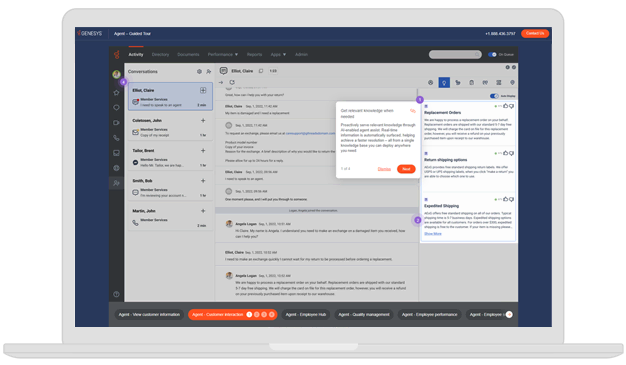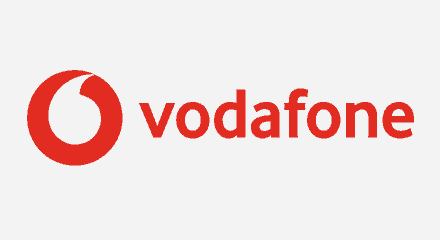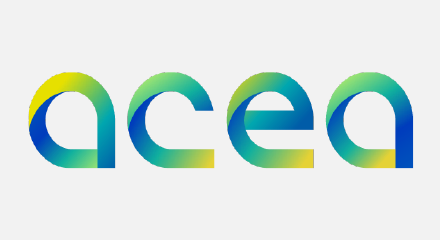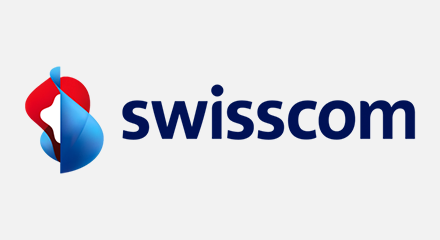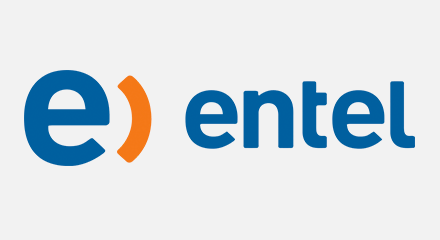Becoming a trusted energy supplier
Plenitude is a unique energy Società Benefit that integrates production from renewables, the sale of gas and electricity, energy services and a large network of electric vehicle charging points. It serves around 10 million residential and business customers in Italy, France, Spain, Greece, Slovenia and Portugal.
Seven contact centers are at the forefront of its interactions. They operate 24/7 with 1,400 agents handling millions of phone, email and webchat contacts annually. Transforming customer experience (CX) through digital and automation technologies is a strategic goal of Eni Plenitude to provide fast, frictionless service that recognizes customers and their intent.
Eni Plenitude aims to become a trusted energy partner for retail and business customers all over Europe, thereby increasing their loyalty. The company knew success meant shifting from reactive, transaction-based communications to a more proactive CX model for personalization and value creation at scale.
Overcoming language barriers
Taking advantage of Genesys open APIs and the native integrations with Google Cloud Dialogflow, the company created a voicebot called Lucilla to improve the flexibility and accuracy of its IVR call handling via the Genesys Voice Platform. The main objective was to apply Google Cloud natural language processing (NLP) in Dialogflow to increase recognition rates and CX quality — not to only realize cost savings. The virtual assistant quickly identifies the customer and their reason for calling, then routes the call to the right team of experts to deal with the specific inquiry.
Eni Plenitude already had a relationship with Google Cloud and had good experiences with their robotic processing automation (RPA) and artificial intelligence (AI) solutions. So, Google Cloud Dialogflow was a natural choice. It also felt the NLP platform was one of best on the market and needed the least time to start the project.



